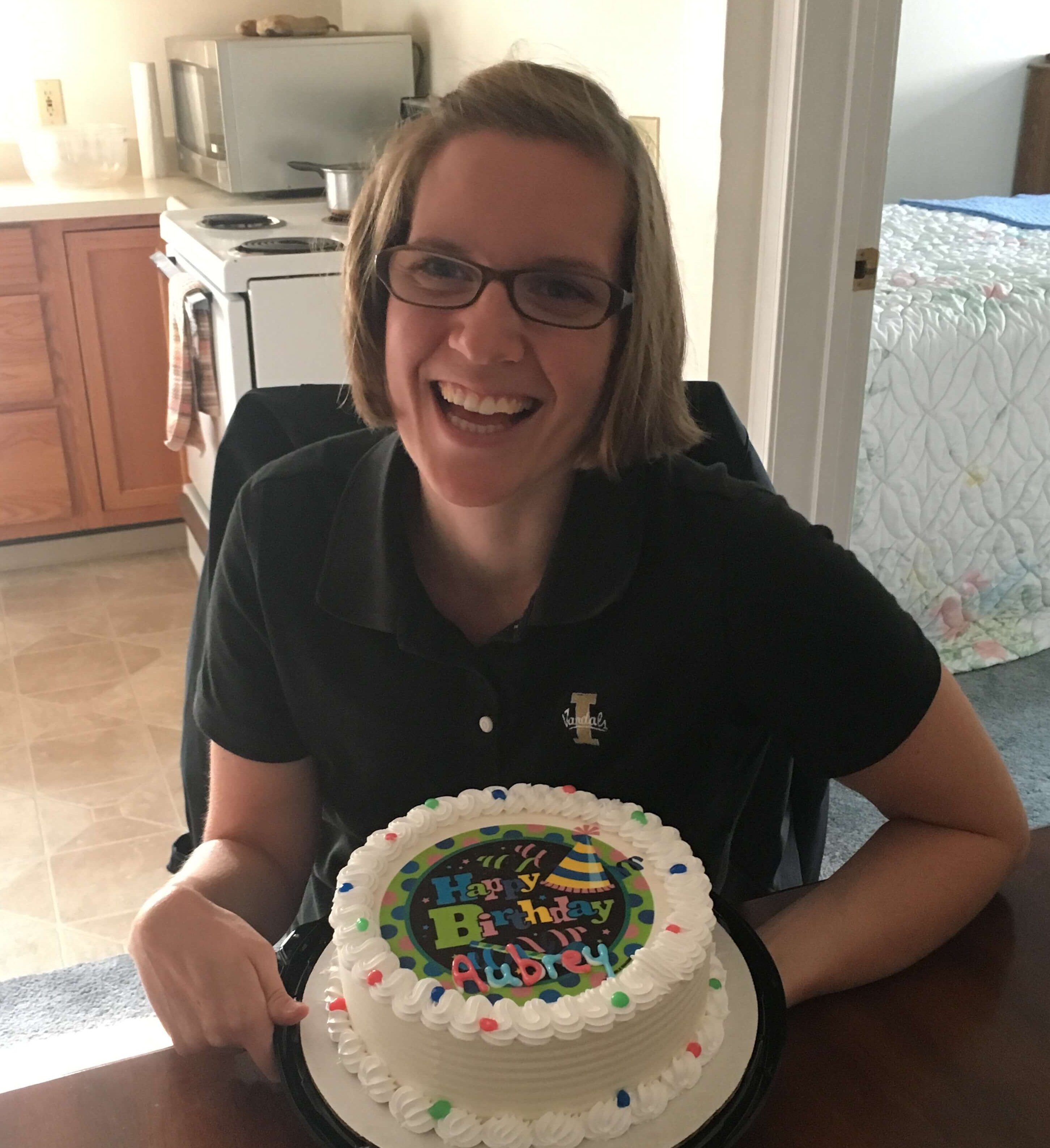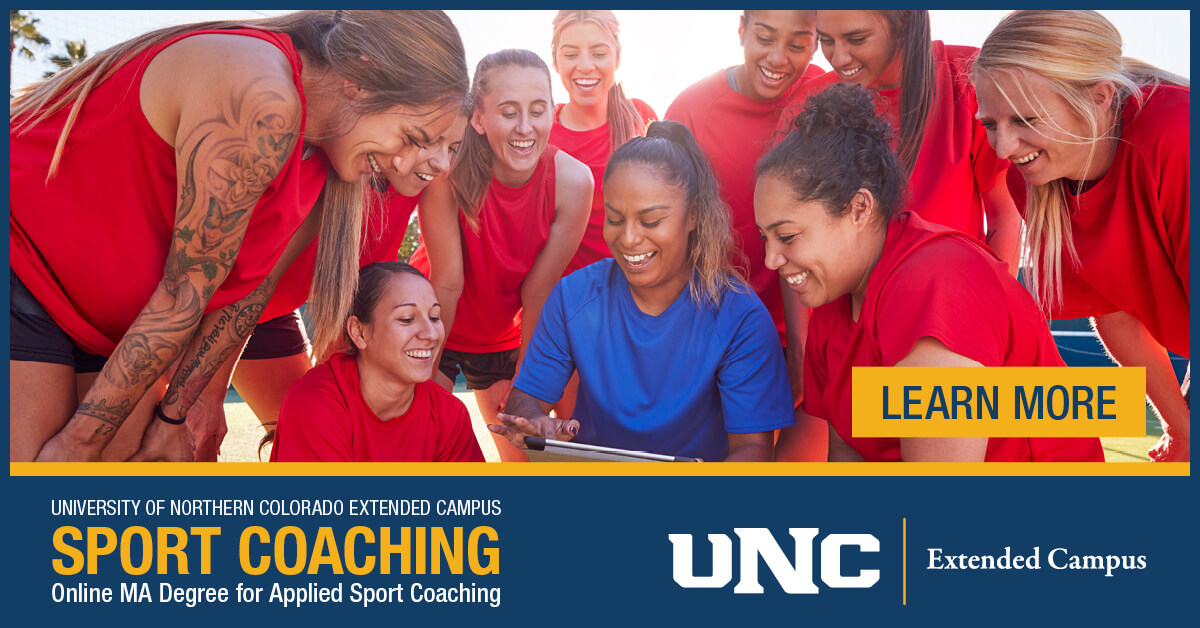(Article 4 of 5)

People with physical disabilities hold limited positions as scholars, teachers, or leaders in physical education, recreation, and sports. Perhaps the reason is that the field is flooded with able-bodied people who think they know best. But do they? Michael Oliver, imminent writer, and scholar argued that people with physical disabilities should be the only ones in the field of disability studies because they have a bodily experience with disabilities. The following five-part article series shares the perspective of a scholar in the field of sports disability who has his own physical limitations. In each article, he discusses a different issue a person with a physical disability faces in the profession of physical education, recreation and sport.
Part III: If You Cannot Do It – Can You Teach It?
Growing up I spent countless hours perfecting my craft in physical movement. As a young professional, I heard able-bodied professionals say, “Students with physical disabilities cannot and should not be PE teachers and coaches because they are not relatable.” He had no notion of the hours I spent in a pool perfecting my strokes, on the makeshift court my parents created for me shooting free throws, or practicing the perfect kick of a soccer ball. The professional in question knows little about who I am. Perhaps the able-bodied professional believes individuals with physical disabilities are incompetent as athletes, pre-service teachers, teachers, or coaches because the professional may see the disability first.

Perhaps the professional is biased that a person with a physical disability violates Aristotle’s argument of ethos, pathos, and logos, which most students use to evaluate whether a teacher is a good teacher or not. Ethos is the teacher’s credibility. Is the teacher a subject matter expert? Do they know the game: do they know their field? Teachers usually gain ethos through education and certifications. People with physical disabilities also acquire ethos through education and certifications. Most people with physical disabilities choose to be a teacher or a coach, because of their own athletic experience, just like an able-bodied student.
Pathos is connecting with students. Able-bodied professionals believe students cannot relate to teachers with a physical disability because of the disability. However, consider my experiences as a teacher and teaching assistant. A Division I football athlete who is able-bodied and highly motored skilled stood in class saying, “Our TA, Aubrey, is awesome.” Later as a university instructor, my student class evaluations were excellent.

Logos or logic is the last portion of Aristotle’s argument. I know it might be illogical to think that a person with a physical disability wants to be in PE where the body is constantly moving. The logic against is based on the premise that a disability reduces or limits the ability to teach a physical skill that one does not have: a seemingly valid concept. How can a student relate to an individual who is not athletic or highly motorized? One needs to perform and perform at a level to teach others. Thus, all physical educators are assumed to be highly skilled, subject matter experts with certification. This is a false premise. PE Pre-service teachers are not certified by their movement expertise or sport skills. Instead, the pre-service teachers take a broad curriculum in movement fundamentals and sports skills, in which they cognitively learn the rules, regulations, and pedagogy. Many of these pre-service teachers are not fundamental motor experts, nor do they have a history of sport and athletic experience. Whereas, I do. I played adaptive sport competitively for six years.
Thus, ethos, pathos, and logos do support pre-service PE students with physical disabilities to be in the field as educators.
Follow the 5-Part Series this Month
Leading as a Scholar with a Physical Limitation
- Don’t Judge Me by My Gait
- I Am Not an Object or Incompetent
- The Power of Time
- If You Cannot Do It – Can You Teach It?
- Just Talk to Me (July 3rd)
This series was written by Aubrey Shaw, Ph.D. and edited by dr. Sharon Stoll (University of Idaho)
